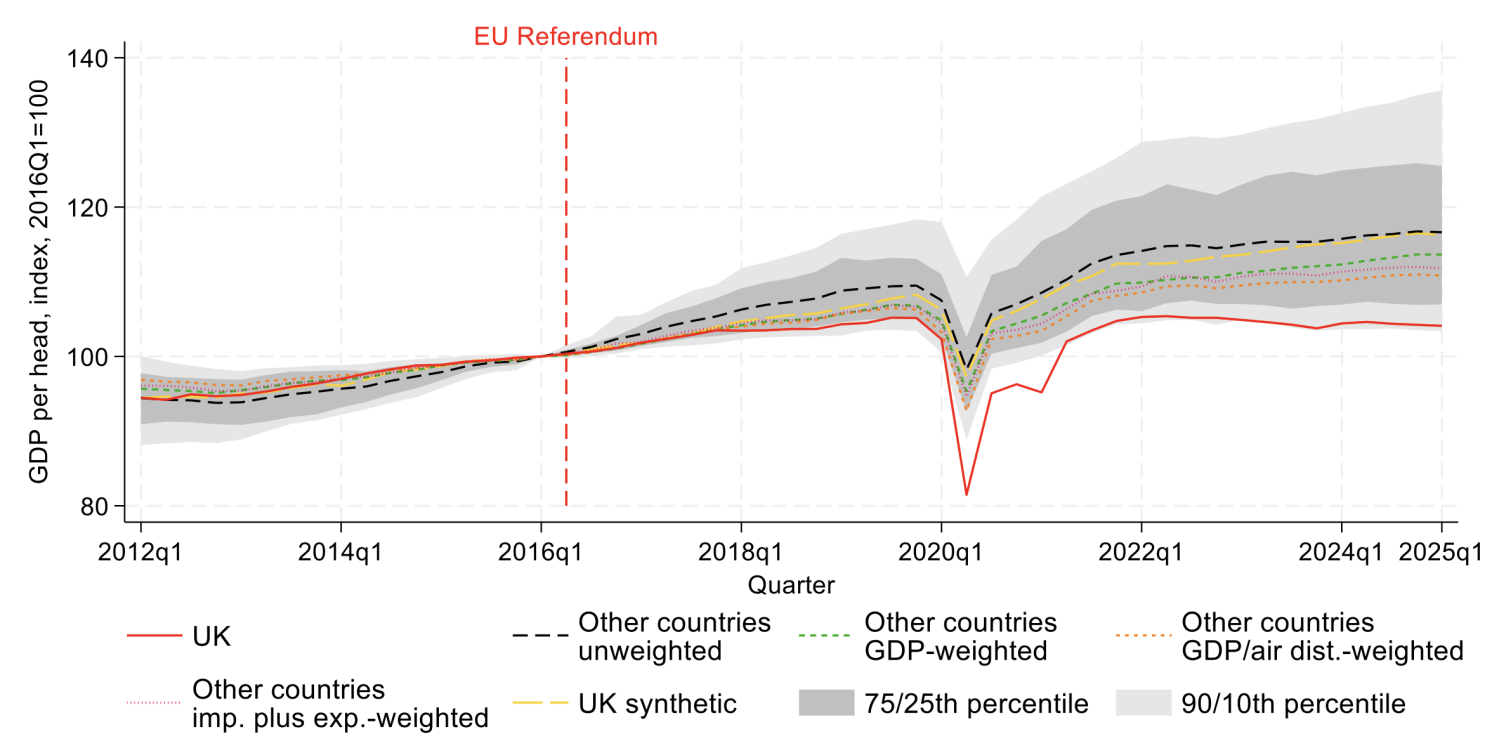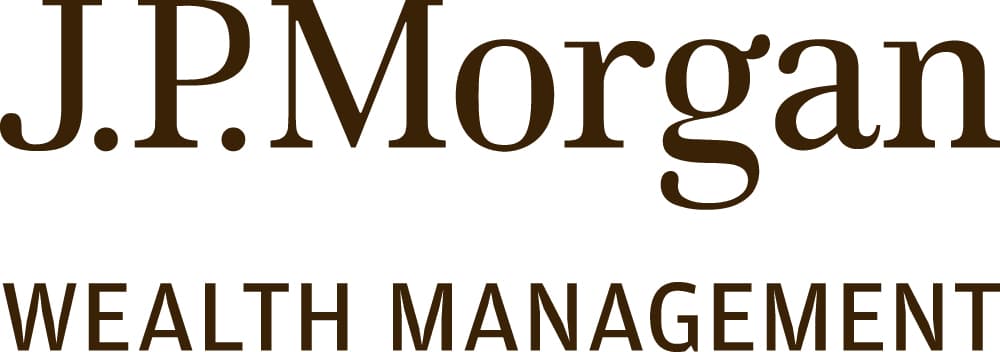“Illumina’s acquisition of GRAIL seems to have fallen through which means they wasted a great deal of resources as a result of consistently bad decision-making.” That’s the conclusion we reached six months ago in an article on Illumina (ILMN) titled, Illumina Stock Falls on GRAIL Acquisition Fail. While we typically check in with our stocks once per year, Illumina has been frequently in the news because activist shareholder Carl Icahn has directed his attention towards a firm he believes is breaching their fiduciary responsibility to investors. Given ILMN is our second largest position, we wanted to better understand what’s happening.
Icahn at the Gates
Unless you work in finance, you’d be excused for not knowing anything about living legend Carl Icahn who is one of the original, and perhaps most notable, activist shareholders there is. His reputation as a ruthless corporate raider in the 80s, along with his vast wealth ($17 to $24 billion, they say), have led many in the financial world to see him as a formidable adversary you don’t want to come up against. Love him or hate him (and plenty do), Icahn knocking at the door is generally seen as a good thing for shareholders. The “Icahn Lift” refers to the positive effect on the share price of a company observed when Icahn starts building a meaningful position. It’s why Illumina shares jumped 17% when news broke that the barbarians were at the gate.
Per tradition, Mr. Icahn publishes letters to shareholders outlining the problems he sees in companies and what steps he believes should be taken. The criticisms leveled at Illumina reflect many of our own findings. The company was inexplicably incompetent in their acquisition of GRAIL which they won’t seem to move past. Our last check in with Illumina concluded that anytime a company’s senior management team and legal team are tied down battling regulators, it’s time and energy that could be spent growing the business.
Why Illumina chose to proceed with the acquisition of GRAIL when regulators had expressed concerns is beyond us. In a recent regulatory filing, Illumina talks about how they may be required to “divest GRAIL on terms that are materially worse than the terms on which Illumina acquired GRAIL.” Companies are looking to conserve cash while the IPO market has dried up which means Illumina isn’t in the best spot as they look for “strategic options” for GRAIL, a company that they funded as a startup, then bought back at an inflated price, then may need to sell for less than what they bought it for.
Credit: Nanalyze
Today, Illumina is waiting on an appeal of the regulators’ decisions with results expected in late 2023 or early 2024. The hope is that a successful appeal will void the $500 million fine Illumina needs to pay while allowing the transaction to potentially move forward. If the decision stands, Illumina will need to divest GRAIL and the entire transaction will have been a complete waste of time and money, something that will further support Icahn’s claims that Illumina’s management team is completely incompetent. And it’s not just GRAIL that’s failed to add shareholder value.
The other internal growth story from Illumina, Helix, was supposed to transform genetic testing. Instead, Illumina no longer has an equity stake in Helix as the company pivots into population genetic testing. Then there was the failed acquisition of Pacific Biosciences (PACB) which would have given Illumina long-read capabilities. Again, this was a case of not anticipating how the transaction would be perceived by regulators.
Illumina’s consumables cash cow is supposed to provide the capital needed to plant seeds of growth that will mature into adjacent offerings that will increase total addressable market (TAM) over time. Mr. Icahn’s presentation on Illumina shows how innovation seems to be tailing off as the company gets distracted trying to combat regulators, something that could even have repercussions post GRAIL. Making enemies with regulatory authorities is a strategy with no upside. While Illumina wants us to believe that GRAIL is the driver for their future growth, it seems more like a pissing contest.
GRAIL already has strong market traction, with $90 million to $110 million of expected annual 2023 revenue and 60-90% expected compounded annual revenue growth over the next five years.
Credit: Illumina
Of the $8 billion spent on acquiring GRAIL, $3.9 billion of that has already been written off by Illumina. Should their appeals with regulatory authorities fail, they’ll be required to divest GRAIL at bargain basement prices (given today’s macroeconomic environment) and pay a $2 billion tax bill if they’re lucky enough to sell the asset for what they purchased it for. And if the appeals are successful, Illumina will also have succeeded in further pissing off regulators who often get to decide the fortunes of those companies they regulate.
What Icahn Wants to Do
We believe that the primary jobs of board members are to hire/fire the CEO, hold the CEO and team accountable to a plan, help guide strategy, and prevent companies from avoidable calamity (for example: closing an acquisition over the explicit prohibition of regulators, subjecting the company to $500 million in fines, incurring $800 million of annual operating losses, breaking all regulatory trust, etc.).
Credit: Carl Icahn
Icahn is asking shareholders to vote on having three of his soldiers sit on the Board of Directors after which they will attempt to (1) separate from GRAIL as quickly as possible by working with the antitrust agencies (not fighting them tooth and nail); (2) replace CEO Francis deSouza; and (3) focus on Core Illumina and reinvigorating its historic financial profile of double digit revenue growth and margin improvement potential. More importantly, they will start asking questions of the type outlined on May 4th which should be of interest to the various analysts that follow Illumina. Examples include:
- Why have core Illumina operating margins declined from a historic range of ~30% to a guided range of 22% in 2023?
- What damage has the GRAIL antitrust fight done to Illumina’s critical government relationships in the US and EU?
- Despite declining revenue growth, and only one major project launch (NovaSeqX), R&D has increased to 22% of sales. What exactly is Illumina spending on?
That last question relates to a persistent concern we have as disruptive tech investors. If Illumina has captured just 7% of the $128 billion total addressable market, then why exactly has growth stalled?
Illumina’s defensive strategy has been to focus on the board nominees that Icahn is offering up as unsuitable candidates while criticizing Icahn as not bringing anything to the table. After all, he’s only held a position in Illumina for several months, and has now started dictating that his henchman have a seat at the table so they can fire the man in charge. Based on Icahn’s opinion of Illumina’s Chairman of the Board, he’s going to be next. That aggressive approach would solicit a bad reaction from any company, but they should realize this isn’t Icahn’s first rodeo. His plan has been thought through, and we’d suspect his team has been interviewing past and present employees (along with the Illumina’s largest investors) to gauge the likelihood of success. On that premise, we’d believe there’s a higher chance the board nominations succeed than fail. And we certainly hope so, because the concerns raised can’t be swept under the carpet.
What We Plan to Do
The criticisms and questions raised by Icahn in his many letters reflect our frustrations as to how a management team could erase so much value through a single M&A event. Illumina’s most recent response to Icahn’s criticisms was provided yesterday in a letter to shareholders asking that they vote for all nine of Illumina’s director nominees. They chastise the questions raised as “uninformed,” and propose that investors ask, “more relevant and forward-looking questions.” They call his plan for Illumina “sloppy and uninformed,” and that’s about how we’d describe Illumina’s execution since they decided to purchase GRAIL.
May 25th is a key date for shareholders when voting takes place. Icahn’s letters spell out why investors should consider voting for his plan. Three additions to the Board of Directors won’t present a majority, but it will create enough momentum such that the company can get past the GRAIL disaster and focus on resuming growth and demanding an ROI for all their discretionary spending. Icahn suspects that plenty of people within the firm are upset with how things have transpired and will gladly start voicing those concerns provided they have some support. The next milestone for this drama will be May 25th when shareholders get to vote on who they find more credible – Francis deSouza or Carl Icahn.
Conclusion
In reading through all of Icahn’s letters, it’s clear he’s thinking beyond GRAIL. Here is a company that commands a dominant leadership in genetic sequencing instruments, yet is now seeing stalling growth, weakening margins, and fewer growth prospects. Illumina’s track record of failures in acquiring growth and distracted manner of execution can be expected to continue unless there’s change at the top.
The company now finds themselves in pure distraction mode – supplicating to the DEI/ESG extortionists, engaging in a legal battle with regulators, and trying to ward off one of the world’s most accomplished corporate activists. We’re hoping for a successful outcome on May 25th which would simply be that Icahn’s nominees are voted onto Illumina’s Board of Directors and can start to create the changes needed for this company to realize its fullest potential.
Tech investing is extremely risky. Minimize your risk with our stock research, investment tools, and portfolios, and find out which tech stocks you should avoid. Become a Nanalyze Premium member and find out today!






































